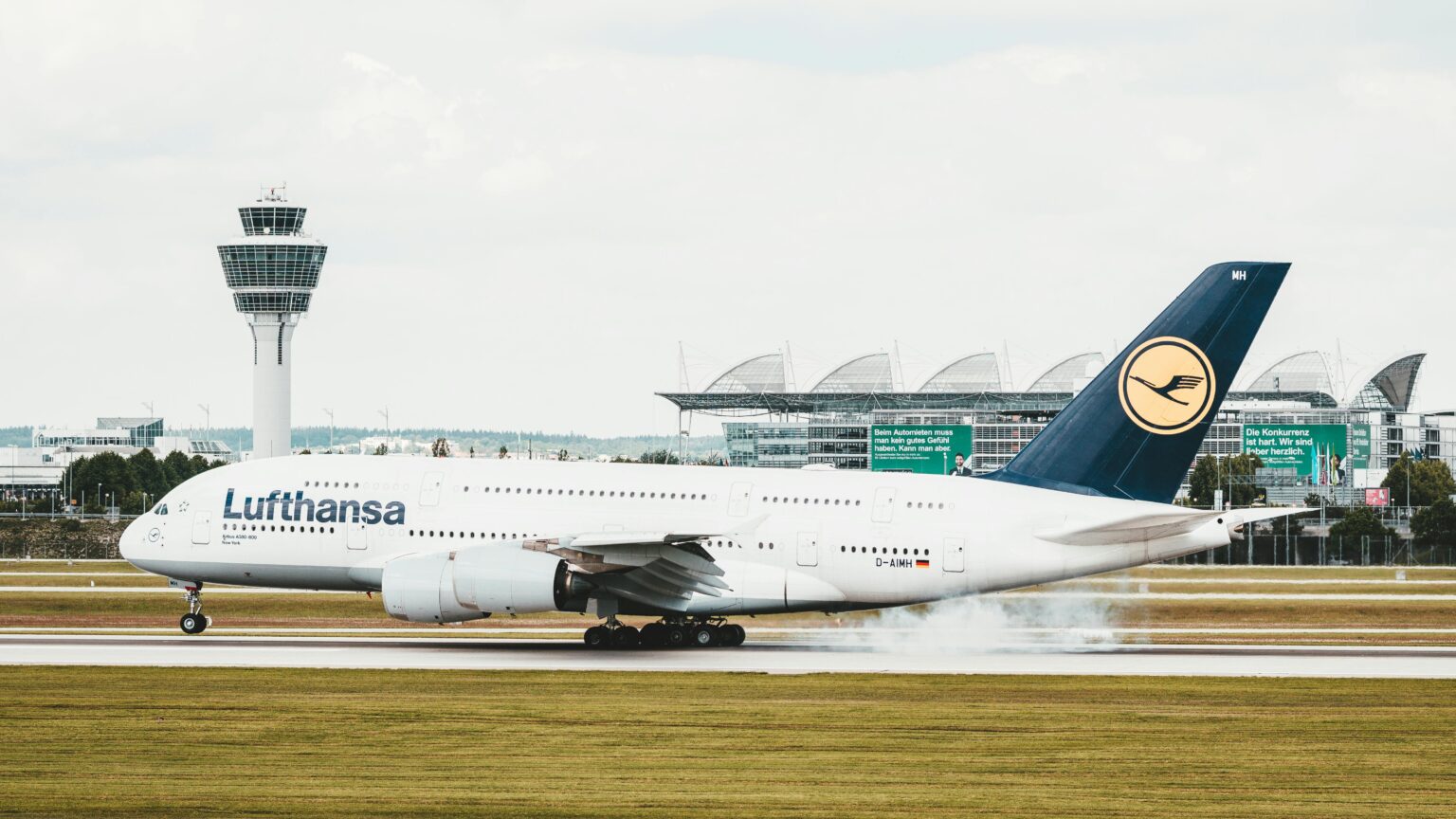The German Federal Cartel Office has approved Deutsche Lufthansa AG’s acquisition of a minority stake in airBaltic Corporation AS, allowing the German flag carrier to move forward with a €14 million investment despite competition concerns on several key routes.
The regulator’s decision clears the way for Lufthansa to acquire a 10% stake in airBaltic via a convertible share, which will later be transformed into ordinary shares in the event of a future IPO. As part of the deal, Lufthansa Group will secure a seat on airBaltic’s Supervisory Board, reinforcing the strategic partnership between the two carriers.
While the Federal Cartel Office acknowledged that Lufthansa and airBaltic are direct competitors on multiple routes between Germany and the Baltic States, the authority cited legal constraints under German merger control rules. Specifically, the competition issues arise on so-called “de minimis” markets—routes with very low domestic revenue—which do not meet the legal threshold for intervention.
“The planned acquisition raises significant competition concerns on several routes between German airports and the Baltic States,” said Andreas Mundt, President of the Federal Cartel Office. “Nevertheless, we had to approve the merger because, taken as a whole, the affected routes are de minimis markets with very low revenues. In such markets, the Authority cannot intervene.”
The merger involves more than just a financial investment. The two airlines have also agreed to significantly expand their wet-lease cooperation in 2024, a move that will see airBaltic supplying aircraft and crew to Lufthansa. These wet-lease agreements are crucial for airBaltic’s growth plans and financial stability. Despite airBaltic and Lufthansa remaining legally independent, the regulator concluded that Lufthansa would gain “significant competitive influence” over airBaltic’s operations.
Investigators determined, however, that the wet-lease component of the agreement posed no antitrust concerns due to the presence of multiple alternative providers and competing airline groups in the European market.
Notably, the transaction was assessed solely under German competition law, as Lufthansa’s stake does not constitute formal control under EU merger rules. However, any future increase in Lufthansa’s shareholding that results in control could trigger a notification to the European Commission.
The Latvian Ministry of Transport, airBaltic, and Lufthansa Group jointly announced the agreement earlier this year, highlighting the deal as a vote of confidence in airBaltic’s performance and prospects. The Latvian state remains the airline’s majority shareholder with a 97.97% stake.
airBaltic, founded in 1995, is the dominant carrier in the Baltic region and has rapidly expanded across Europe with a fleet of 49 Airbus A220-300 aircraft. Its hybrid business model and strategic position have earned it multiple industry accolades, including Skytrax’s Best Airline in the region for three consecutive years and APEX’s Best Cabin Service in Europe.
The closing of the transaction is expected in Q2 2025, pending final formalities. The agreement underlines Lufthansa’s strategic ambition to deepen ties with airBaltic, one of Europe’s fastest-growing airlines, while securing access to key regional markets in the Baltics.
